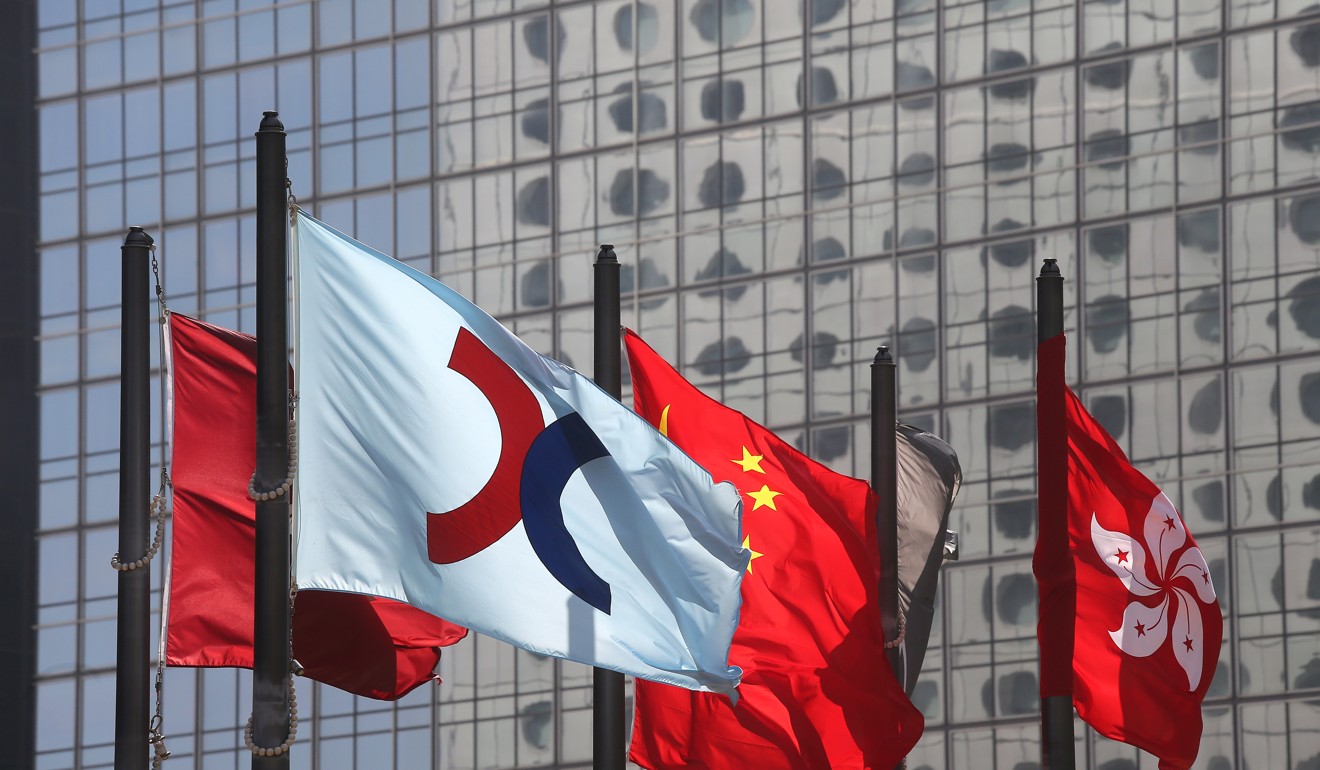
Aberdeen Standard leads calls for more investor protection within HKEX’s proposed listing reforms
HKEX’s month-long consultation on the rule change will conclude on March 23
The proposed listing reform put forward by Hong Kong Exchanges and Clearing has drawn mixed reactions from fund managers who say it would be a step backward for corporate governance and investor protection, even as it would likely attract premier technology companies to list in the city.
“Hong Kong has achieved a lot of corporate governance reforms over the past two decades but the listing reform to allow dual-class shares structured companies to list here is a big step backward from the corporate governance point of view,” said David Smith, head of corporate governance Asia-Pacific at Aberdeen Standard Investments.
HKEX’s month-long consultation on the rule change will conclude on March 23. The reform package would broaden the listing regime by opening the door to pre-revenue biotech companies as well as companies with weighted voting rights, a structure seen as favourable to technology companies and their founders.
The HKEX said in February they would push to accelerate the timetable for the widely-expected regime change by several months, potentially ushering in new rules by late April in a bid to become the first exchange in Asia to eliminate listing barriers for technology unicorns.
“It is sad to see Hong Kong, Singapore and the mainland stock exchange change their listing rules to allow dual class share companies to list as they all want to be champions of IPOs while the regulators no longer act as the gatekeepers to safeguard the interest of investors,” Smith said in an interview with the South China Morning Post.
“It is positive the HKEX has proposed these dual class shareholding companies would have to adopt one share, one vote on some key events but still, I am not sure if that is good enough for investor protection,” he said.
The dual-class shares structure, also known as the weighted voting right structure, allow founders or key management to hold a premium class of shares with more voting rights than other shares. Smith and other fund mangers worry that the rule violates the “one share, one vote” principle. The weighted voting right structure is allowed in the US but not in Hong Kong, and is believed to be a major draw for tech companies such as Alibaba and Baidu listing in New York.
Smith applauded some the safeguards proposed by the HKEX, such as switching back to the “one share, one vote” principle on key issues such as the appointment of non-executive directors.
Another proposed safeguard would see founders and key executives loose the premier voting status if they die or sell the shares.
However, Smith cautioned of problems in implementing the rule. For example, if some shareholders loose their special voting status, other major shareholders may see their holdings rise above the 30 per cent threshold that would require them to make a general offer under the takeover code.
For the biotech firms without revenue, Smith does not expect any big corporate governance issues.
“We have invested in a lot of mining companies which do not have revenue at the time of listing. They could still produce good returns when their mines start operation. This principle applies to the biotech firms too,” he said.
Hong Kong Investment Funds Association chief executive Sally Wong also called for more shareholder protection measures.
“Similar to other key stock exchanges, HKEX is under immense pressure to come up with a more flexible regime to attract companies from the new economy as they are poised to represent the key driver for growth in the future,” Wong said.

“However, the HKEX’s proposed regime tips in favour of the issuers at the expense of investors.”
Wong said her industry body, which helps international fund companies operate in Hong Kong, has put forward a host of suggestions for improvement.
The fund industry body wants companies with dual class-shares to have a higher percentage of independent non-executive directors, perhaps as much as 50 per cent or more, instead of the third they make up on listed companies currently. Another suggestion was to appoint a lead independent non-executive director with an explicit mandate to engage with the minority shareholders and represent their interests.
Wong said her association also wants to lower by half the threshold whereby minority shareholders can call for a general meeting. Currently, a general meeting can be triggered if 10 per cent of minority shareholders vote in favour of the motion.
“Maintaining Hong Kong’s competitiveness of course is important, but setting the right balance is all the more important,” she said.

